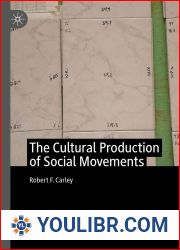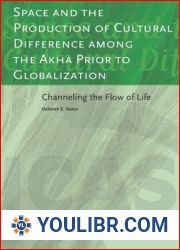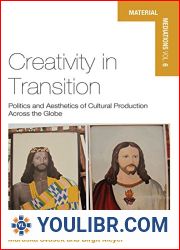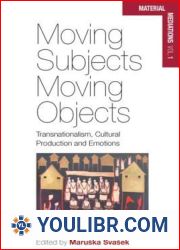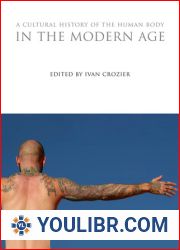
BOOKS - Passing, Posing, Persuasion: Cultural Production and Coloniality in Japan's E...

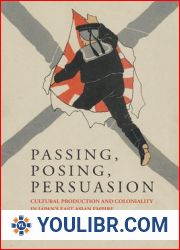
US $8.83

356894

356894
Passing, Posing, Persuasion: Cultural Production and Coloniality in Japan's East Asian Empire
Author: Andre Haag
Year: November 30, 2023
Format: PDF
File size: PDF 8.0 MB
Language: English
Year: November 30, 2023
Format: PDF
File size: PDF 8.0 MB
Language: English
Passing, Posing, Persuasion interrogates the intersections between cultural production, identity, and persuasive messaging that idealized inclusion and unity across Japan's East Asian empire (1895-1945). Japanese propagandists drew on a pan-Asian rhetoric that sought to persuade colonial subjects to identify with the empire while simultaneously maintaining the distinctions that subjugated them and marking their attempts to self-identify as Japanese as inauthentic, illegitimate forms of "passing" or "posing." Visions of inclusion encouraged assimilation but also threatened to disrupt the very logic of imperialism If there was no immutable difference between Taiwanese and Japanese subjects, for example, then what justified the subordination of the former to the latter? The chapters emphasize the plurality and heterogeneity of empire, together with the contradictions and tensions of its ideologies of race, nation, and ethnicity.The paradoxes of passing, posing, and persuasion opened up unique opportunities for colonial contestation and negotiation in the arenas of cultural production, including theater, fiction, film, magazines, and other media of entertainment and propaganda consumed by audiences in mainland Japan and its colonies. From Meiji adaptations of Shakespeare and interwar mass media and colonial fiction to wartime propaganda films, competing narratives sought to shape how ambiguous identities were performed and read. All empires necessarily engender multiple kinds of border crossings and transgressions; in the case of Japan, the policing and blurring of boundaries often pivoted on the outer markers of ethno-national identification. This book showcases how actors - in multiple senses of the word - from all parts of the empire were able to move in and out of different performative identities, thus troubling its ontological boundaries.








